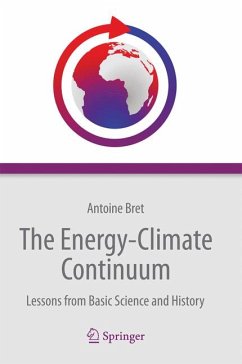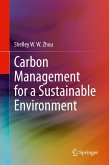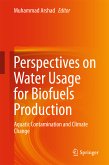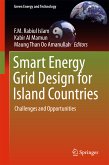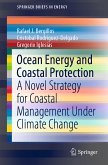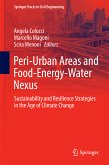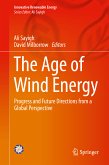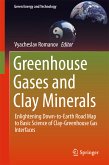The book is divided into three parts. The first part explains the problem and where we stand today, the second part critically discusses possible elements of solution. The third part illustrates historic case studies, containing both warning as well as encouraging examples of societies at turning points.
This book is a careful introduction to these topics. The basic science behind the problem and the debates are introduced in an understandable and nicely readable fashion. Facts are illustrated with simple back-on-the-envelope calculations, providing a good feeling for orders of magnitudes. A rich appendix provides additional background information for the interested readers. In this way, the book can even be a valuable resource for introductory university courses in physics, climate science, natural science, and many more subjects. This book is a real conversation starter, and can be recommended to everyone, specialist or non-specialist, who wants to understand the actual energy-climate debates and maybe even involve.
Dieser Download kann aus rechtlichen Gründen nur mit Rechnungsadresse in A, B, BG, CY, CZ, D, DK, EW, E, FIN, F, GR, HR, H, IRL, I, LT, L, LR, M, NL, PL, P, R, S, SLO, SK ausgeliefert werden.
"This book addresses the threats and opportunities facing the global energy systems, explaining in a readable way how strongly the energy and climate debates are interconnected. ... The book, which is very much worth reading by everyone who wants to understand the present energy-climate debate, shows that we need the development of all potentially viable options for low-carbon energy, promoting research and favouring innovation without jeopardising the security of energy supply." (Carlos Hidalgo, Europhysics News, Vol. 46 (5-6), 2015)

